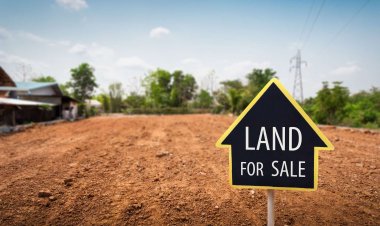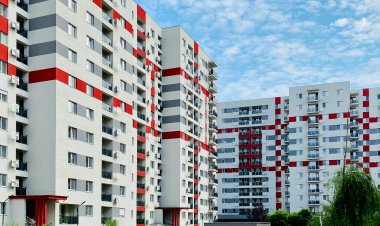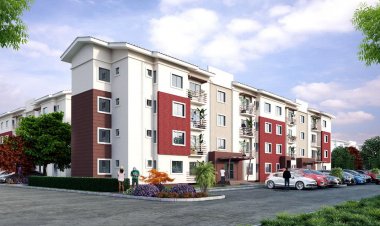Tackling Housing Affordability and Gentrification: Strategies for Real Estate Professionals in Kenya
Real estate professionals in Kenya play a critical role in addressing housing affordability and gentrification.

Housing affordability refers to the ability of households to afford a suitable and decent home without spending an excessive portion of their income, typically defined as not exceeding 30% of their gross income. Gentrification is a process of neighborhood transformation characterized by the influx of more affluent residents, which often leads to increased property values and the displacement of lower-income families. In Kenya, these phenomena present unique challenges and opportunities for real estate professionals to address, fostering more inclusive and sustainable communities.
Kenya, like many developing countries, faces significant challenges in ensuring housing affordability. Rapid urbanization, population growth, and a scarce supply of affordable housing units exacerbate the situation. Conversely, areas experiencing gentrification witness the displacement of long-standing residents due to escalating property values driven by market forces and new investments.
Strategies for Addressing Housing Affordability
1. Promoting Inclusive Housing Policies
Real estate professionals can advocate for and support policies that encourage the development of affordable housing. This includes working with government bodies to implement inclusionary zoning laws that require a portion of new developments to be allocated for affordable housing units.
2. Public-Private Partnerships (PPPs)
Engaging in PPPs can facilitate the pooling of resources from both the public and private sectors to develop affordable housing projects. These partnerships can leverage public land and private investment to reduce construction costs and make housing more affordable for lower-income families.
3. Innovative Financing Solutions
Introducing and promoting financing options such as micro-mortgages, rent-to-own schemes, and housing cooperatives can make homeownership more accessible. Real estate professionals can collaborate with financial institutions to design products that cater to lower-income earners.
4. Affordable Building Technologies
Embracing cost-effective and sustainable building materials and technologies can significantly reduce construction costs. Techniques such as prefabricated housing, recycled materials, and local construction methods can be promoted to ensure homes are affordable.
Mitigating the Effects of Gentrification
1. Community Land Trusts (CLTs)
Establishing CLTs can help land remain affordable for low and moderate-income households. These nonprofit organizations acquire and hold land for the benefit of the community, allowing residents to purchase homes at affordable prices while maintaining long-term affordability.
2. Protecting Tenant Rights
Advocating for stronger tenant protection laws can help prevent displacement due to rising rents. Real estate professionals can support legislation that provides rent control, eviction protections, and tenant relocation assistance to safeguard vulnerable populations.
3. Inclusive Development Practices
Ensuring that development projects consider the needs of existing residents is crucial. This involves engaging with the community early in the planning process, providing affordable housing options within new developments, and creating mixed-income neighborhoods that integrate rather than displace existing communities.
4. Cultural Preservation Initiatives
Gentrification often threatens the cultural fabric of neighborhoods. Real estate professionals can work with local governments and community organizations to preserve cultural landmarks, support local businesses, and maintain the unique character of transforming neighborhoods.
Real estate professionals in Kenya play a critical role in addressing housing affordability and gentrification. By advocating for inclusive policies, engaging in public-private partnerships, promoting innovative financing and building practices, and implementing measures to protect and integrate existing communities, they can contribute to more equitable and sustainable urban development. Addressing these issues improves the quality of life for residents and fosters social stability and economic growth, ultimately creating vibrant and inclusive communities throughout Kenya.
If you have a real estate press release or any other information that you would like featured on the African Real Estate Blog Post, do reach out to us via email at [email protected]

































